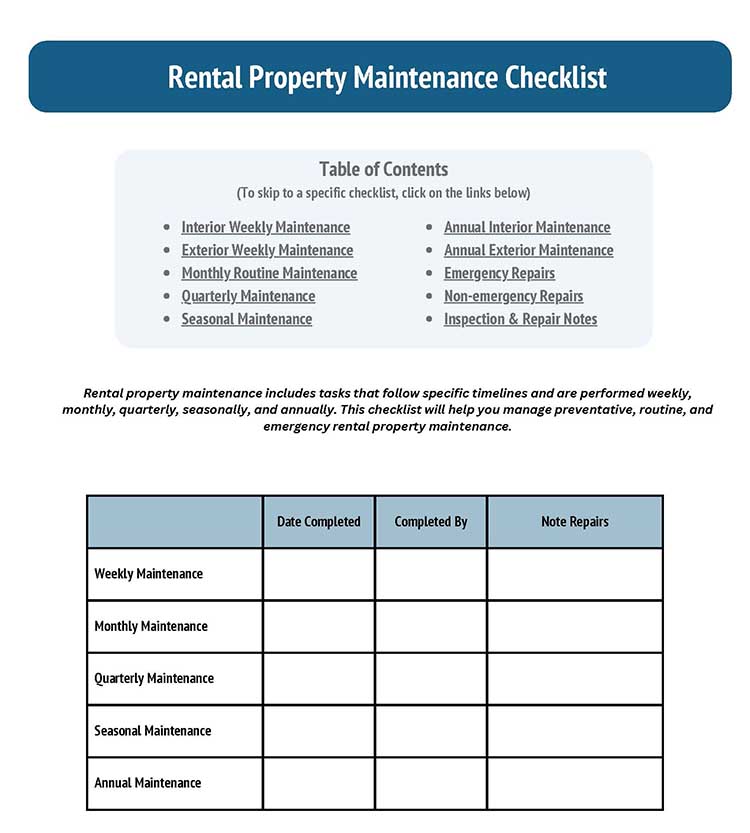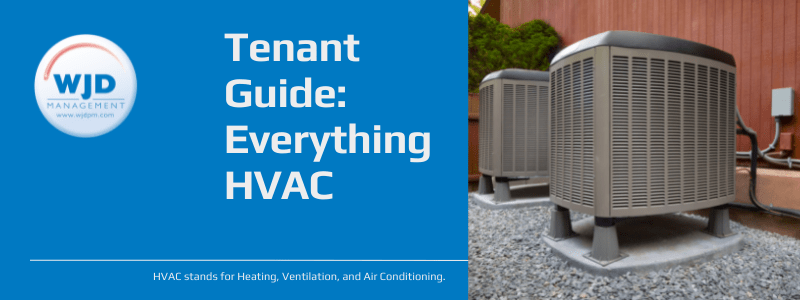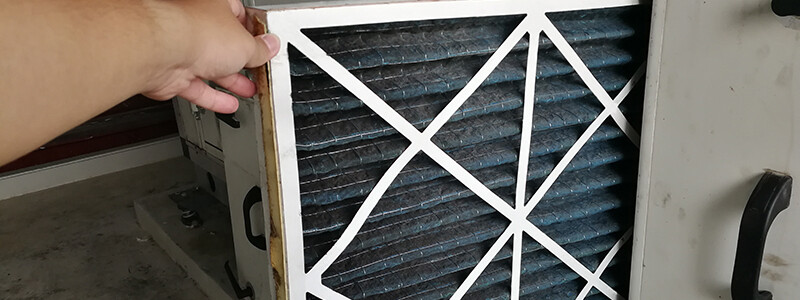As a landlord, it is crucial to understand the importance of regular air conditioning (A/C) maintenance for your rental properties. A well-maintained A/C system not only enhances the comfort and satisfaction of your tenants but also prolongs the lifespan of the equipment, ultimately saving you time and money. This comprehensive guide provides key information on A/C maintenance, offering valuable insights and tips that will help you effectively manage the A/C systems in your rental properties. From understanding the benefits of professional servicing to knowing the necessary maintenance tasks, this guide equips you with the knowledge and tools needed to keep your rental properties cool and comfortable year-round.
Understanding the Importance of A/C Maintenance in Rental Properties
As a prospective renter, it is crucial for you to understand the importance of A/C maintenance in rental properties. While the responsibility for maintaining A/C units typically falls on the landlord, as a renter, you play a crucial role in ensuring the proper functioning of these systems. By being proactive and vigilant about reporting any issues or concerns related to the A/C unit, you can help maintain a comfortable living environment for yourself and future tenants.
Regular maintenance of A/C units also has a significant impact on the overall value of the rental property. Well-maintained A/C systems not only attract more potential renters but also contribute to higher property value. When future renters see that a landlord has taken care of the A/C system, they perceive the property as well-maintained and are more inclined to consider renting it. On the other hand, neglecting A/C maintenance can lead to decreased property value and difficulty in finding tenants.
Considering the potential costs associated with a malfunctioning A/C unit, it becomes evident how effective maintenance can result in significant cost savings. Routine maintenance tasks, such as cleaning and replacing filters, can help prevent clogged air filters and improve energy efficiency. By ensuring proper airflow and regular inspections, you can identify any potential issues before they escalate into costly repairs or replacements.
Moreover, maintaining A/C units in rental properties is not only about cost savings and property value but also about improving renter satisfaction and reducing turnover. A malfunctioning or inefficient A/C system can lead to uncomfortable living conditions, which can cause frustration and dissatisfaction among renters. By staying proactive and addressing maintenance needs promptly, landlords can enhance renter satisfaction, which in turn increases tenant retention and reduces turnover rates.
Basic A/C System Components and Their Functions
To understand the importance of A/C maintenance, you must familiarize yourself with the basic components of an A/C system and their functions. The main components of any A/C system include the compressor, condenser, evaporator coil, blower, and air handler.
The compressor is often referred to as the “heart” of the A/C system, as it compresses the refrigerant gas, raising its temperature and pressure. The compressed gas then flows to the condenser, where it is cooled down, releasing heat into the surrounding environment.
The evaporator coil is responsible for the actual cooling process. It absorbs heat from the indoor air, allowing the refrigerant to evaporate and cool the air. The blower, together with the air handler, circulates the cooled air throughout the property, ensuring consistent and comfortable temperatures.
Understanding the functions of these components is essential because each of them requires regular maintenance to ensure the optimal performance of the A/C system as a whole.

This image is property of fitsmallbusiness.com.
Routine A/C Maintenance Tasks
Routine A/C maintenance tasks are vital for the efficient operation of the system. As a renter, you can take part in these tasks to contribute to the overall maintenance of the A/C unit.
Cleaning and replacing filters is one of the simplest yet most important maintenance tasks. Dirty or clogged filters can significantly reduce airflow, leading to decreased efficiency and increased energy consumption. Regularly cleaning or replacing filters, depending on the type of filter used, helps maintain proper airflow and keeps the A/C system running smoothly.
Checking thermostat settings is another crucial task. Ensure that the thermostat is set to the appropriate temperature for cooling and heating, depending on the time of year. Misconfigured thermostat settings can lead to unnecessary energy usage and strain on the A/C system.
Ensuring proper airflow is essential for the optimal functioning of the A/C system. Keep furniture, carpets, and other objects away from vents to ensure unobstructed airflow. Blocked vents can disrupt the circulation of cooled air and strain the A/C system, leading to potential problems.
In addition to these tasks, periodically checking electrical connections and inspecting the condensate drain are also important maintenance tasks. Loose or faulty electrical connections can lead to system malfunctions or even electrical hazards. Checking the condensate drain for clogs or leaks helps prevent water damage and potential mold growth.
Seasonal A/C Maintenance
Seasonal A/C maintenance is a crucial aspect of long-term system performance. By preparing for the summer cooling season and winterizing the A/C units during colder months, landlords can ensure optimal performance and avoid potential issues.
Before the summer cooling season begins, it is essential to have the A/C units inspected and serviced by a professional. This inspection includes cleaning the condenser and evaporator coils, checking refrigerant levels, lubricating moving parts, and testing the overall system performance. Regular professional inspections offer peace of mind and identify any potential issues before they become major problems during the peak cooling season.
Winterizing A/C units is equally important, especially in regions with freezing temperatures. This process involves properly covering the outdoor unit, insulating exposed pipes, and ensuring that all A/C components are secured and protected from the elements.
Even during off seasons, it is important to address maintenance needs. Regularly inspecting the A/C units, even when they are not in use, helps identify any issues that may have arisen during the downtime. By staying on top of maintenance throughout the year, landlords can minimize potential problems and ensure the longevity of their A/C systems.

This image is property of wjdpm.com.
Dealing with Common A/C Problems
While regular maintenance can help prevent many common A/C problems, occasional issues may still arise. As a renter, it is beneficial to be aware of some common A/C problems and their potential causes.
Leaking and freezing issues are frequently encountered problems. Leaking can occur due to issues with the condensate drain or refrigerant lines, which can result in water damage and affect the system’s performance. Freezing, on the other hand, can be caused by restricted airflow or low refrigerant levels. Both leaking and freezing issues require prompt attention to prevent further damage to the A/C system.
Problems with thermostat settings can also result in A/C malfunctions. Whether it is incorrect temperature settings or faulty thermostat operation, these issues can lead to inefficient cooling or heating. Verifying that the thermostat is working properly and set to the desired temperature can help resolve such problems.
Noisy units are another common complaint. Unusual noises, such as rattling, humming, or banging, can indicate various issues, including loose parts, fan malfunctions, or even a failing compressor. Ignoring these noises may lead to more severe problems, so it is essential to address them promptly.
Suppose you notice that your A/C unit is not cooling the property as expected. In that case, it could be a sign of an underlying problem, such as a refrigerant leak, clogged air filters, or a malfunctioning compressor. Understanding the signs and symptoms of inefficient cooling capacity can help you report the issue to your landlord and prevent further discomfort.
When to Call in Professionals
While many routine maintenance tasks can be performed by landlords or renters, certain situations call for professional assistance. Identifying when an issue is beyond DIY is crucial to prevent further damage or potential hazards.
If you encounter complex problems, such as refrigerant leaks, electrical issues, or compressor failures, it is best to call in a professional HVAC technician. These professionals have the knowledge, experience, and tools required to diagnose and repair complex A/C system problems safely and efficiently.
Maintaining a good professional relationship with a trusted HVAC professional is advantageous for landlords. Regular annual inspections by professionals help identify any potential issues or required repairs before they escalate into costly problems. This preventive approach can save landlords significant time, money, and stress.

This image is property of www.cityheatandair.com.
Maintaining A/C in Vacant Properties
Even when a rental property is vacant, maintaining the A/C system is crucial. Neglecting A/C maintenance during vacancies can lead to issues that may be challenging to address once new tenants move in.
The lack of regular use can cause problems in the A/C units of vacant properties. Dust and debris can accumulate both inside and outside the unit, potentially clogging filters and affecting system performance. Regular inspections and cleanings during vacancies are necessary to ensure that the A/C system remains in good condition and ready for new tenants.
Additionally, extreme weather conditions can take a toll on A/C units that are not in use. Properly winterizing the A/C system during colder months and taking steps to protect it from the elements helps prevent potential damage and prolongs the lifespan of the unit.
The Role of Tenants in A/C Maintenance
Tenants also have responsibilities when it comes to A/C maintenance in rental properties. Communicating any maintenance needs or concerns to the landlord promptly is essential. If you notice any issues with the A/C system, such as unusual noises, leaks, or reduced cooling capacity, report them immediately. By doing so, you ensure that the landlord can address the problem promptly, minimizing the impact on your comfort and preventing potential further damage.
Managing tenant-caused A/C issues is another important aspect of maintenance. Educating tenants on best practices, such as not blocking vents or adjusting thermostat settings responsibly, can help prevent avoidable problems. Clear guidelines regarding the tenant’s role in A/C maintenance and appropriate usage expectations can contribute to a smoother rental experience for both parties.

This image is property of wjdpm.com.
A/C Maintenance Costs and Budgeting
Anticipating annual maintenance costs for A/C units is crucial for landlords. While routine maintenance tasks, such as cleaning filters or inspecting electrical connections, can be cost-effective and even performed by landlords or renters, it is important to budget for professional inspections and any necessary repairs.
Budgeting for unexpected repairs is also essential. A/C systems can develop unexpected issues despite regular maintenance. Having funds set aside for unexpected repairs allows landlords to address these problems promptly, minimizing tenant discomfort and preventing further damage to the system.
Neglecting A/C maintenance can have significant financial implications. Emergency repairs and replacements can be costly and negatively impact the overall profitability of a rental property. By investing in regular maintenance, landlords can avoid potential financial burdens and ensure the long-term health of their A/C systems.
Legal Obligations Related to A/C maintenance
Landlords are legally obligated to provide and maintain a safe and habitable living environment for their tenants. This includes ensuring that the A/C system is in proper working condition and meets all relevant building codes and regulations.
Understanding local building codes and regulations is essential for landlords to ensure compliance. Failure to meet these requirements can result in legal consequences and potential liabilities if a tenant suffers harm or inconvenience due to a faulty A/C unit.
Dealing with tenant complaints about the A/C system requires prompt attention. Landlords should have procedures in place to address and resolve tenant complaints effectively and efficiently. Open communication and timely responses not only help maintain a positive landlord-tenant relationship but also ensure compliance with legal obligations.
In conclusion, understanding the importance of A/C maintenance in rental properties is crucial for both landlords and tenants. By recognizing the impact of regular maintenance on property value, cost savings, and renter satisfaction, landlords can prioritize and invest in the upkeep of their A/C systems. Tenants, on the other hand, should communicate maintenance needs and fulfill their responsibilities to ensure the optimal functioning of the A/C units. Through proactive maintenance, landlords can create comfortable living environments while fulfilling legal obligations and maximizing the return on their investments in rental properties.

This image is property of wjdpm.com.
